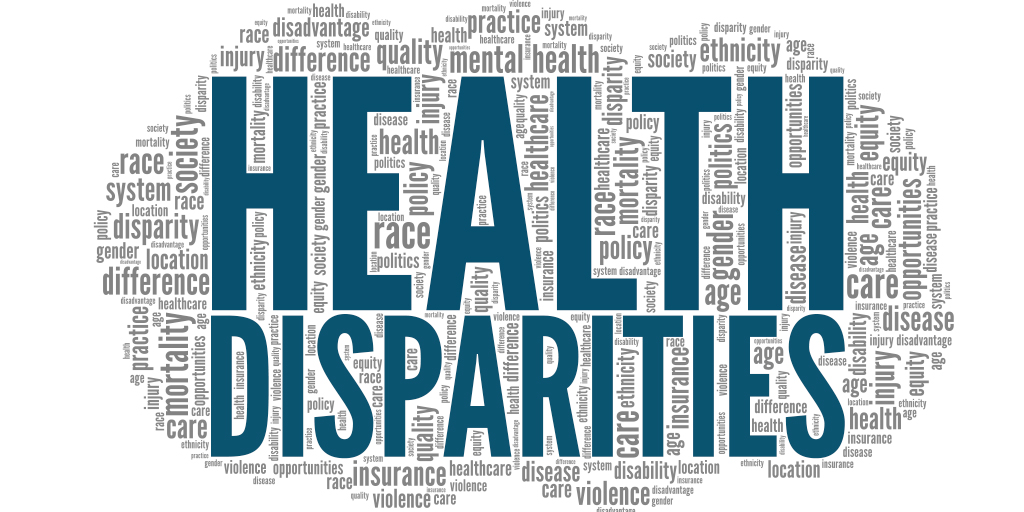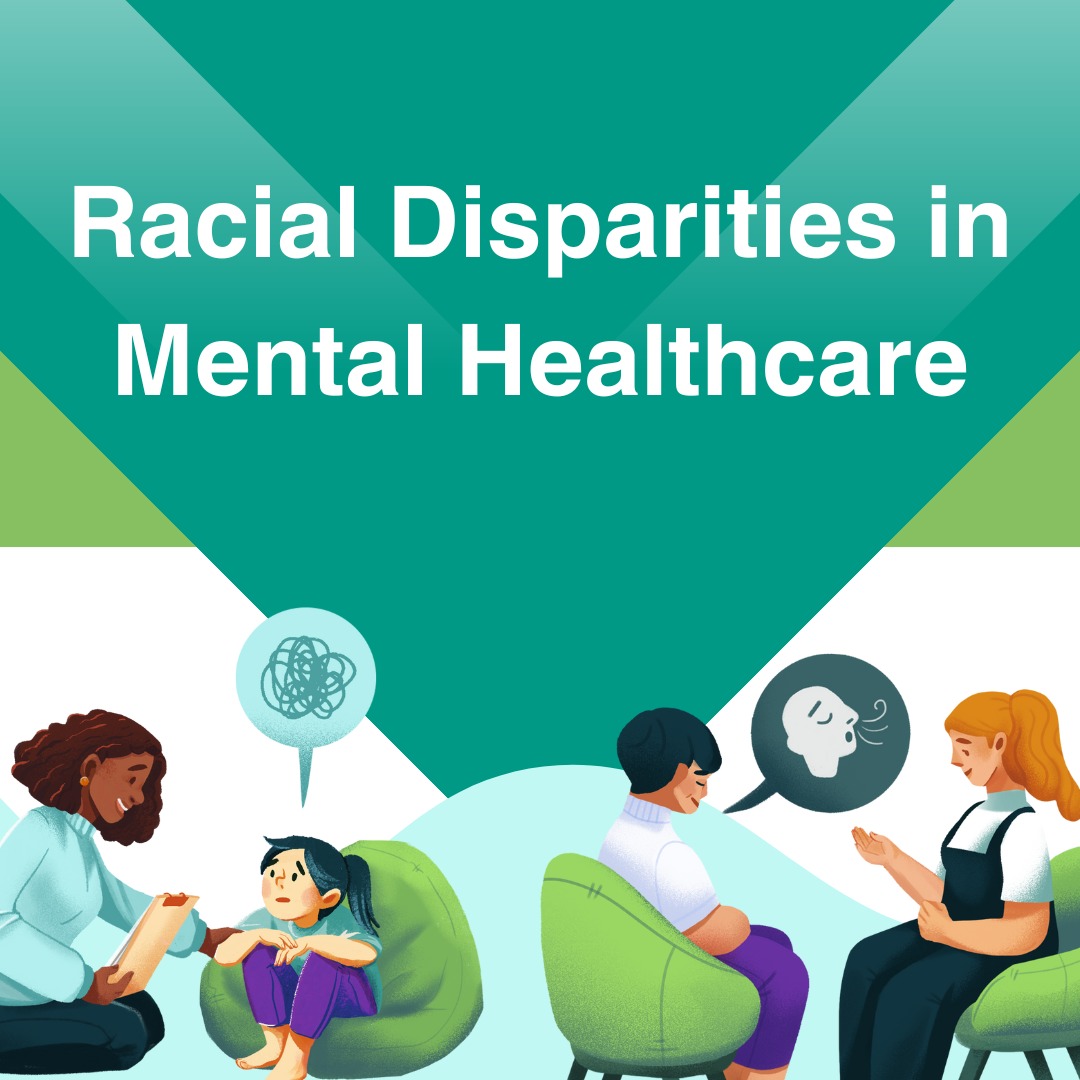From what can be observed, varied social, economic, and political factors are affecting racial disparities in healthcare, especially mental health care. For decades, the communities of color have been subjected to differential treatment, from diagnosis to treatment and then assistance and resource distribution. An analysis of the data must recognize how socioeconomic position, education, and access to health services interact to produce racial health disparities.
Healthcare disparities along racial lines affect more than just physical diseases. Patients who belong to races or ethnicities that are marginalized in this society usually undergo various forms of racism, which can have a worse effect on their mental health. Among these are systemic discrimination by providers of healthcare, cultural disgrace, and culturally insensitive care.
Causes of Racial Mental Health Care Disparities
- Deeply ingrained within healthcare structures worldwide, systemic racism continues to pose an ongoing challenge for healthcare. It manifests itself in hidden biases among providers, unequal access to coverage by insurance, and poorly funded mental health services within communities of color, perpetuating racial health disparities and denying equitable access to quality care.
- Cultural Barriers and Stigma Many racial and ethnic minority groups have cultural stigmas associated with mental health. In the community, care for mental health is even considered a sign of weakness, leading to less likelihood of seeking care. Moreover, many patients often collide with the mostly white perspective of the mental health care providers, further leading to racial disparities in health care.
- One area in which racial disparities exist in health care is a lack of representation in mental health care. Mental health service providers of minority backgrounds are not as represented. This opens up the possibility of no culturally connected relationship between the patient and the provider. A lack of cultural competence severely makes it challenging to provide patient care that encompasses their unique experiences and backgrounds based on color.
- Socioeconomic Barriers Poverty disproportionately affects racial minorities, and further barriers prevent access to mental health care. Being uninsured or underinsured leads to the inability to receive treatment due to having to decide between physical or mental health needs. These socio-economic disadvantages amass existing racial health disadvantages where patients of color are less likely to receive necessary mental health services.
Read More: https://knowledgeworldhere.com/healthcare/what-is-the-difference-between-cysts-and-tumors
Effects of Racial Disparities in Mental Health Care
- Racial disparities in healthcare present serious consequences for health outcomes, particularly. Communities of color are diagnosed with a higher instance rate of depression, anxiety, and post-traumatic stress disorder (PTSD) but are less likely to receive appropriate care.
- The higher incidence of mental illness in African American, Hispanic-American, and Indian populations is characterized by chronic stress attributed to socioeconomic conditions, racial discrimination, and other life stressors. The impact of these stressors occurs significantly more in these populations compared with others and is considered to be a contributing factor to higher incidence rates of mental illness. Still, mental health service use may be compromised or limited in these populations due to racial healthcare disparities.
- Poorer treatment results Where members of minority populations do come in for treatment, they have a higher chance of obtaining systemic biases. This may lead them not to be diagnosed at all or to be treated incompletely. Racial health disparities, therefore, mean that patients from minority communities will not only face shorter treatments, lower quality care, and follow-up in therapy but be additionally diagnosed with severe psychiatric disorders as opposed to their white fellow countrymen. Research has proven that Black Americans are diagnosed as more severely psychiatrically than their white counterparts despite having similar symptoms.
- Increased Suicide Rates Suicide rates are increased in racial minorities-more often among young men of color from Black and Indigenous communities. These patients experience delayed mental health services because of race inequalities in health care. For example, suicide rates are found among the Indigenous population in case of more than double its national average rates. There is a lack of culturally sensitive care as well as systemic race disparities, which heighten this condition.
Racial Disparities in Health Care:
Health care based on race will require structural changes on both the system and institutional levels to minimize the occurrence of racial health care disparities, especially in mental health service delivery.
- Improving Access to Mental Health Care: Improvement in access to mental health care should be provided since expanding access reduces racial disparities in health care. Funding for mental health care services in underserved communities may be extended so that these racial and ethnic groups have accessible and quality care.
- Culturally Competent Care: Mental health care providers, hence, must be trained on cultural competence concerning the unique needs of racially diverse populations in mental health care. Suppose culturally competent education is offered to the providers. In that case, it will reduce racial disparities in health care as they will be effectively educated on the challenges of minority patients and align their practices to overcome those challenges. The diversity training for healthcare professionals will solve the issue and ensure that all patients receive timely and empathetic care.
- Policy Reforms: Structural change is another way through which policies can address the health inequalities of race. However, it is upon policymakers to eliminate systems-related barriers in healthcare insurance coverage, that are characterized by racial disparities and disproportionate impacts on communities of color. This includes the expansion of Medicaid as well as making available funds more equitable by having an equal allocation of mental health services.
- Increasing Inclusion in Mental Health Fields: The mental health fields must improve racial and ethnic minority representation for racial health disparities to be diminished. It is easier for patients to understand and receive better care when they see their mental health professionals from similar cultural backgrounds. Increasing scholarships, mentorship programs, and other support for minority students in health care will bridge this gap over time.
Conclusion
Systemic inequalities related to health care disparities, but especially in mental health services, provide a framework for how fair access to care is not guaranteed for communities of color. To achieve this end, a broad approach aimed at the right level of access, increase of providers’ cultural competence, and policy that speaks to race equity is needed. By understanding and addressing the root causes of healthcare racial disparities in the country based on race, we can work towards an inclusive and equitable healthcare system.

